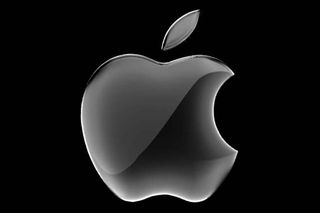Is Apple's corporate culture a security risk?
Apple’s corporate culture has lead to high levels of secrecy, but will this work with security – especially as it grows its market share?

Apple is one of the coolest companies in the world, with some of the most iconic products ever seen in a geek's hand or desk.
But Apple is notorious for secrecy. It doesn't blog, it never gives anything away and as the New York Times wrote recently, it imposes harsh sanctions on employees who violate rules about information sharing.
The farce around Steve Jobs' recent return to work after his liver transplant was a case in point. The secrecy around it was so high that it raised intense levels of speculation. A blog post or a statement could have calmed investor fears instead Apple and Jobs jealously guarded any information.
But this has worked for Apple. Feverish levels of hype and interest surround every product launch, meaning that the company never has to say anything the products just speak for themselves.
Consider the iPhone. It's a great gadget, but Apple jealously guards all tech details. Or think of iTunes. Apple just recently shut access to the music service from the Palm Pre. Not too keen on sharing, are they?
Microsoft's lessons
Apple and its products have never really had big problems with security, at least not on the level of a company like Microsoft.
Get the ITPro. daily newsletter
Receive our latest news, industry updates, featured resources and more. Sign up today to receive our FREE report on AI cyber crime & security - newly updated for 2024.
The very nature of Microsoft Windows, by far the most popular operating system in the world, has meant that it is the first target for criminals all over the world when it comes to malware.
Microsoft has had to learn this from experience. As Microsoft's chief security advisor Edward Gibson said in an IT PRO interview, the company had to completely change its corporate culture in the last few years to tackle problems that were just getting bigger.
Now Microsoft is very open about problems on its systems. There are advisories, blogs, warnings and complete disclosure about what the dangers are and what users might need to look out for.
Corporate culture
This is something that Apple's corporate culture rejects. One good example was the furore caused at the end of last year when it updated a statement on its site to say that anti-virus software was encouraged for Macs. As soon as the statement attracted publicity, it was pulled off the site.
It was later found that Apple always had a statement encouraging anti-virus software on its systems it had just kept very quiet about it.




